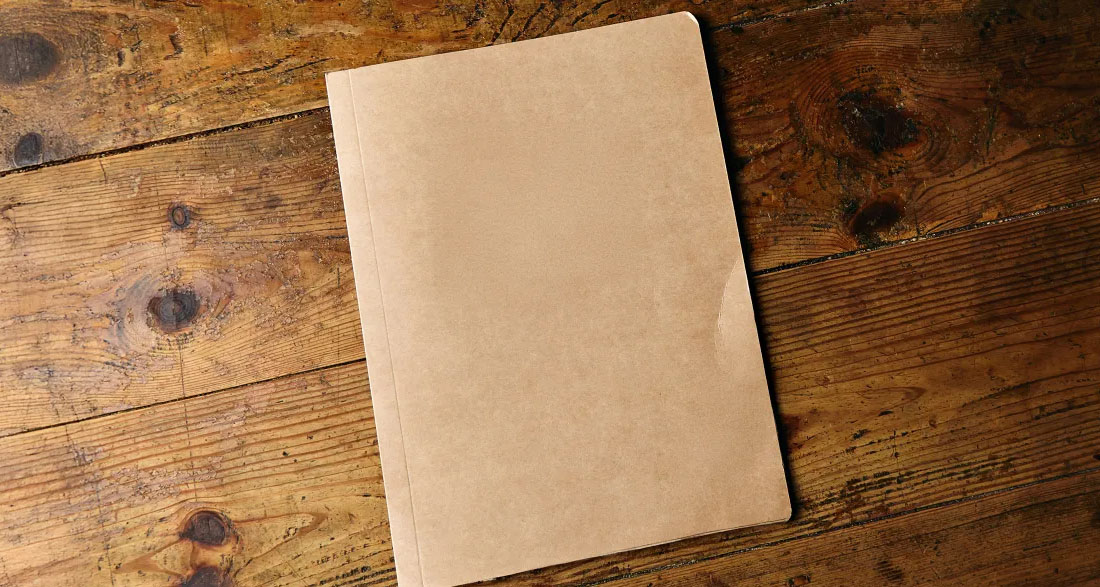“I Heard You, Dad”
I hadn’t spoken to my father in six years when I got the call.
“Cara, I’m sorry,” Greta said gently over the phone. She was the lawyer managing his estate. “Your father passed away in his sleep. Someone needs to take care of the house.”
I just stared at the phone after she hung up. Not because I was crying. Not because I was even shocked.
I didn’t know if I wanted to go back. That was the truth.
My father, Philip, wasn’t the kind of dad you saw in those sweet Father’s Day posts. You know the ones — people writing about how their dad taught them everything, stood by them through thick and thin.
No. Philip wasn’t cruel. He didn’t yell or hit. But he wasn’t soft, either.
He bought me a bike for Christmas, sure. But he forgot my birthday every July. He cheered loudly at my swim meets but never remembered my best friend’s name — even after five years of introductions.
He was present, yes. But from a distance. Always from a distance.
Everything fell apart when I was thirteen.
He cheated on Mom. Left us for someone younger, louder, someone who wore perfume that made me gag and laughed too hard at his jokes.
It wasn’t just the betrayal. It was how fast he moved on, like our life — me and Mom — could be tossed out like old newspapers.
After that, he became a ghost in my life.
An occasional lunch. A birthday text — always a week too late. It got easier to stop hoping he’d come around. By college, he faded into background noise.
The last time we spoke was six years ago. And we fought.
“You’re so ungrateful,” he snapped over the phone. His voice was sharp and cold.
“And you don’t know the first thing about being a dad!” I fired back, shaking with anger. “You don’t even know who I am.”
And that was it. The last thing we ever said to each other.
No apology. No peace. Just silence.
So when I pulled up to my childhood home, holding his house keys in a shaky hand, I wasn’t expecting emotion.
I expected dust. Maybe some old bills. A lifeless house waiting to be cleaned out and sold.
But the moment I opened the front door, it hit me in a way I didn’t expect.
It didn’t feel like going home.
It felt like stepping into a stranger’s life that had already ended.
Everything looked almost the same. The same faded rug in the hallway. His old shoes by the door — cracked leather, scuffed soles. Like he might walk in any second and put them on again.
The kitchen was frozen in time. His favorite coffee mug sat in the sink — chipped, but still whole.
I started going room by room, packing up his things like it was a job. Just a task.
Nothing personal. No memories.
I tried to stay numb. I told myself it was just stuff. Just things.
But little memories kept pushing through.
The way he used to hum while making coffee. How he watched the Sunday news in silence, sipping from that exact mug.
I shoved the memories away. I wasn’t here to feel. I was here to finish something.
Until I found the attic.
The air up there was heavy. Dust floated like snowflakes in the slanted light. I hesitated at the top of the stairs, holding the wooden railing like I might turn back.
But I didn’t.
In the corner, half-buried under some blankets and boxes, I saw it. A plain cardboard box.
In faded Sharpie, it read:
“Books/Trophies/Random Items.”
Random. That felt right. That was my dad — never sentimental, never open.
I almost left it there.
But something tugged at me.
Inside were some swim meet ribbons, my high school yearbooks, a cracked Rubik’s Cube.
Then I saw it.
My old diary.
Navy blue. Covered in old, peeling stickers. The pages were bent and soft from time. I hadn’t seen it in years.
My heart jumped as I picked it up.
I ran my fingers along the cover. I could still remember what it felt like to write in it. All that teenage drama and confusion.
I opened it slowly, expecting cringey stuff.
“Why am I like this?”
“I hate my thighs.”
“I failed my chemistry test. I’m worthless.”
I smiled a little. My teenage self had been dramatic, sure. But honest.
Then something stopped me cold.
There, in the margins, written in neat block letters… was handwriting that wasn’t mine.
I stared.
It was my dad’s. Philip’s handwriting.
My breath caught.
What was he doing writing in my diary?
I leaned in, heart pounding.
He hadn’t written jokes. No sarcastic comments like the ones he used to make when he didn’t know how to say something nice.
These notes were different.
“You are not unlovable, Cara. Not even close.”
“You don’t need to shrink to be worthy.”
“One test doesn’t define you. I’m proud of how hard you try.”
I blinked, hard. My throat tightened.
Page after page, I found more of his quiet messages. He had read my pain, my insecurity, my teenage fears — and answered them with kindness.
He answered them.
The ink wasn’t fresh, but it wasn’t ancient either. These weren’t notes from the past. These were written later — after I’d already left. After our last fight.
I sank onto the dusty attic floor, holding the diary in both hands like it might fall apart if I let go.
Had he come up here alone, late at night? Had he read my old words and written these answers because he couldn’t say them out loud?
Was this his way of saying sorry?
I turned to a page I barely remembered writing — right after my high school graduation. I had written:
“I don’t know what I’m doing anymore.”
“Nothing feels right.”
“I feel invisible to the people who should care the most.”
I had stopped mid-sentence. The entry just… ended.
But below it, in his handwriting, I saw:
“I wish I had said these things when they mattered most.”
“I was a bad father, Cara. You didn’t deserve the silence.”
“This was the only way I could talk to you without you turning away. I hope someday, you’ll forgive me.”
I pressed my hand against my chest, trying to breathe. My vision blurred as I whispered into the quiet attic, “Why couldn’t you say this to me then?”
But there was no answer.
Only dust and silence and all the years we wasted.
I stayed up there for hours, reading and re-reading those words.
That diary wasn’t just a teenage notebook anymore.
It had become a letter. A conversation. A confession.
He had tried — late, but he had tried — to understand me.
To see me.
And maybe, to be seen too.
That night, as I finished boxing up his belongings, I stood in his bedroom. His glasses still sat on the nightstand. A paperback book lay open, face-down like he planned to pick it up again.
But he never would.
I stared at his empty desk for a long time. Then I reached into my purse and pulled out a sticky note.
I wrote, with shaky hands:
“I read every word. I heard you.”
I stuck it right where he used to sit.
Then, quietly, I whispered, “Goodbye, Dad.”
And this time… I meant it.
A month passed.
Greta finalized the estate. The house sold quickly, almost like the world was ready to move on.
The diary sat on my bookshelf now — not buried, not forgotten.
Still, something tugged at me.
I hadn’t gone to his funeral.
At the time, I said it was because we weren’t close. Because I didn’t want to pretend.
But deep down? I hadn’t been ready.
I was angry. Hurt. Lost.
But now… I needed to go.
One quiet afternoon, I drove to the cemetery. A small bouquet of wildflowers sat beside me in the car. Simple, natural — the kind of flowers I thought Philip would have liked.
I found his grave easily. Just his name. No fancy words. No grand goodbye.
I knelt down and placed the flowers gently at the base.
“I didn’t come to the funeral,” I said softly. My voice trembled. “I didn’t think I belonged. I didn’t know what to say.”
I looked down at the diary in my lap, ran my fingers over its worn cover.
“But I’m here now.”
And I told him everything.
About my new apartment. About Jordan, my godson, who just took his first steps. About how sometimes I still think about the way things could’ve been.
And when my voice broke, I paused. Took a deep breath.
“Goodbye, Philip,” I whispered.
And this time, it didn’t feel bitter.
It felt like peace.
Like letting go.
And holding on — to what mattered — at the same time.














